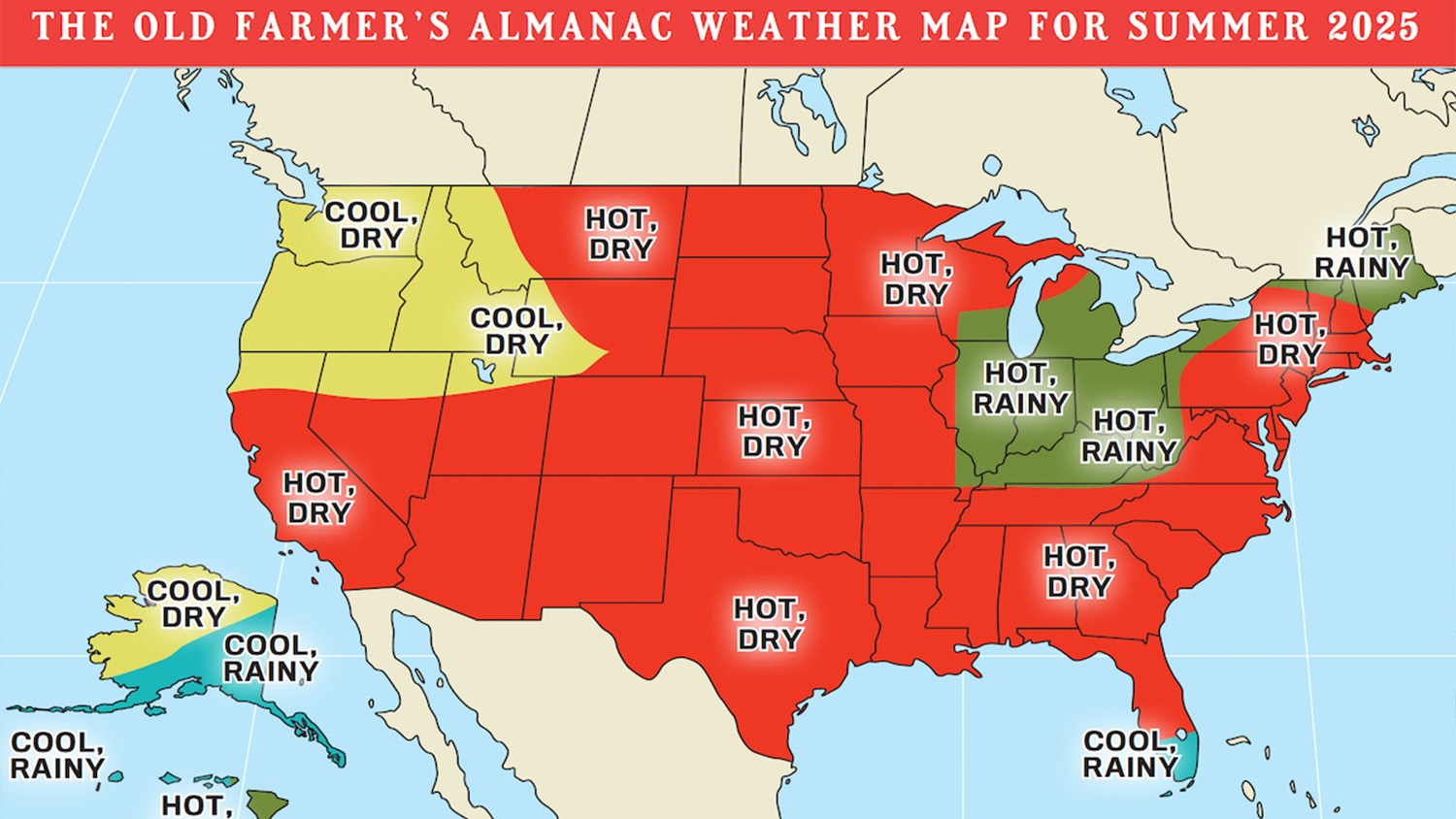WASHINGTON — Non-military households would pay a “war tax” to help cover the health care of veterans of newly-authorized wars under a plan Beto O’Rourke’s campaign unveiled Monday.
The former Texas congressman and 2020 Democratic presidential contender’s proposal is part of a series of health and economic measures aimed at improving care for veterans.
O’Rourke is in Tampa on Monday for a veterans’ roundtable, where he is expected to discuss his plan for the first time. It comes before the Democratic field holds its first debate Wednesday and Thursday nights in Miami.
O’Rourke is also calling for an end to the wars in Iraq and Afghanistan, with half the money currently being spent there redirected to programs for veterans of those wars.
Money collected through the “war tax” — which he is proposing for future wars — would go into a new trust fund for veterans established at the outset of each war.
Households making less than $30,000 per year would pay $25; those making less than $40,000 would pay $57; those making less than $50,000 would pay $98; those making less than $75,000 would pay $164; those making less than $100,000 would pay $270; those making less than $200,000 would pay $485; and those making more than $200,000 would pay $1,000.
“This new tax would serve as a reminder of the incredible sacrifice made by those who serve and their families,” O’Rourke’s plan says.
O’Rourke had introduced legislation in 2016 and 2017, while he was in the US House of Representatives, to create the same “war tax” and trust funds for veterans of future wars.
The idea is not a new one: Prior to the wars in Afghanistan and Iraq, the United States had historically levied additional taxes in times of war. Under former President Lyndon B. Johnson, Congress enacted an income tax surcharge that meant taxpayers eventually owed 10% more. A group of House Democrats sought a similar tax in the mid-2000s, but were unsuccessful.
O’Rourke was a member of the House Veterans Affairs Committee for all of his six years representing El Paso in Congress. He was the lead sponsor of a measure that expanded mental health care for veterans with “other-than-honorable” discharge — which his campaign says the Trump administration has failed to implement. He also successfully pushed for a measure that requires mental health examinations for those leaving military service.
“We must be willing to pay any price, and bear any burden, to provide the full care, support, and resources to every single veteran who served every single one of us,” O’Rourke said in a statement. “Eighteen years into the war in Afghanistan, and nearly three decades after our first engagement in Iraq, the best way to honor our veterans’ service is to cancel the blank check for endless war — and reinvest the savings to ensure every American can thrive upon their return home.”
O’Rourke’s plan also includes a series of reforms to the Department of Veterans Affairs, including requiring the public reporting and display of staffing rations and wait times, expanding telehealth offerings, pushing for an industry-wide standardization of electronic health care data, and mandating a new focus on mental health, addiction treatment and suicide prevention.
O’Rourke is also calling for National Institutes of Health spending on Alzheimer’s research to double to $5 billion per year “to confront risks stemming from” military service
His plan emphasizes care for female veterans, pledging to “cover the full spectrum of women’s reproductive health care, and include the provision of contraception with no out-of-pocket costs, in vitro fertilization without regard to marital status or sexual orientation, and abortions to the extent they are provided by other federal programs.” VA hospitals would also be required to provide free child care.
O’Rourke also says he would require the Defense Department to upgrade the service records of LGBTQ veterans who were discharged due to their sexual orientation.
And he is proposing allowing military service to be a pathway to citizenship for immigrants, according to the plan.




















